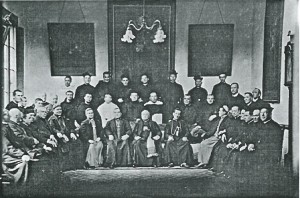 Taken from ‘L’AMORE NON CONOSCE CONFINI. BEATO LUIGI TEZZA’ (‘Love Knows no Boundaries. The Blessed Luigi Tezza’) by Fr. Angelo Brusco
Taken from ‘L’AMORE NON CONOSCE CONFINI. BEATO LUIGI TEZZA’ (‘Love Knows no Boundaries. The Blessed Luigi Tezza’) by Fr. Angelo Brusco
After a person’s death, what remains of that person is only what in his or her existence was truly fertile. Silence and oblivion cancel all the rest.
For this reason, the legacy of Father Tezza should be looked for in those aspects of the itinerary of his existence that contributed to creating life, opening up new roads, promoting or confirming authentic values, and making ‘being’ prevail over ‘having’. These aspects are not absent and can be identified in the background of an existence which, although from a human point of view it did not have much about it that was extraordinary, was, however, the space where, gradually, a model of a new creature matured which centred around following the merciful Christ, tailored according to the Gospel and burning with a wish to communicate to men the redemptive love of the Lord.
The legacy of Tezza is, first of all, identifiable in initiatives that have stood the test of time.
Within the context of the Camillian Order, he left behind him an important mark, affirming, in words and by example, that religious life has meaning only if it is lived in the authentic wake set by the Founder.
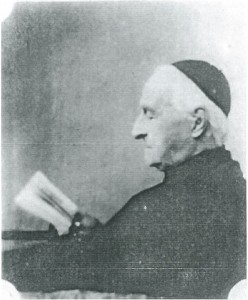 His activity as a reformer, educated in the school of great teachers, was proven to be effective not only in his mission in Lima but also during the whole of his life in an unceasing defence and promotion of the cornerstones of consecration to the Lord in the Camillian spirit: perfect fraternal life in common and care for the sick.
His activity as a reformer, educated in the school of great teachers, was proven to be effective not only in his mission in Lima but also during the whole of his life in an unceasing defence and promotion of the cornerstones of consecration to the Lord in the Camillian spirit: perfect fraternal life in common and care for the sick.
For Tezza, faithfulness to the charism was harmonised well with creativity in its exercise. In France he showed that he was innovative, beginning a form of care for the sick through our own institutions that had never been experienced before in the Order. Equally, in Lima he set in motion forms of ministry in hospitals, which for some time have been neglected, demonstrating that a good organisation of pastoral activity is a guarantee of its efficacy.
During his passage through France and Peru he sowed and planted, allowing others to gather the fruits. These fruits still continue…



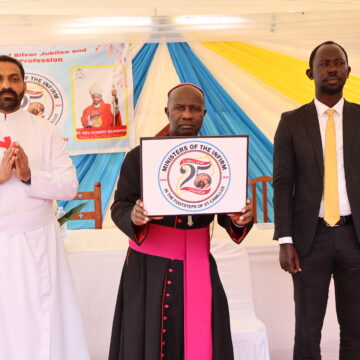
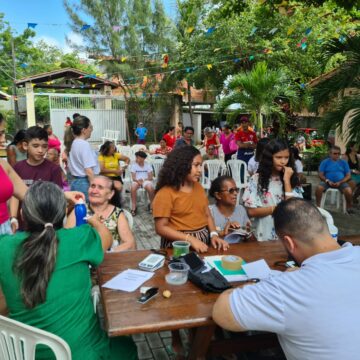
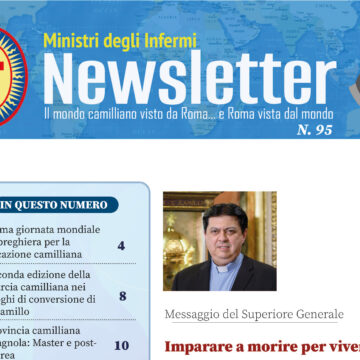
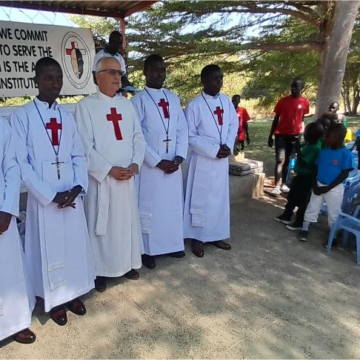
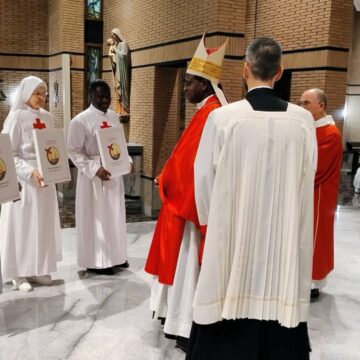

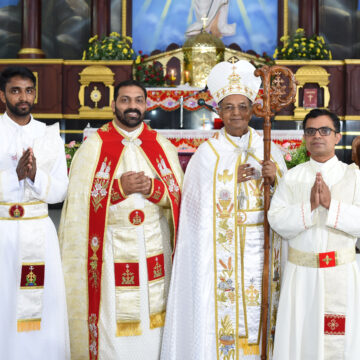
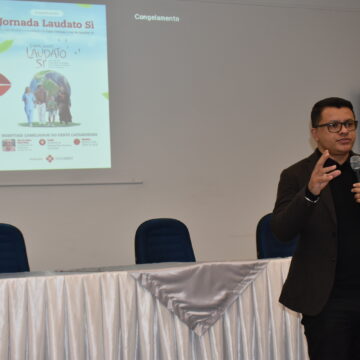
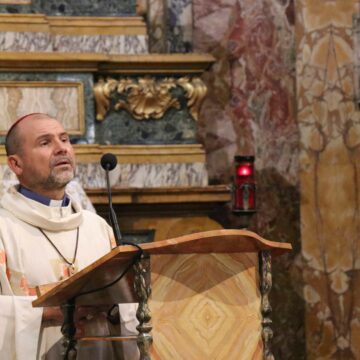
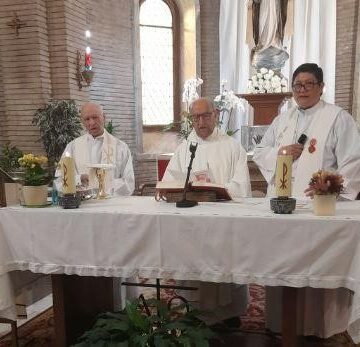
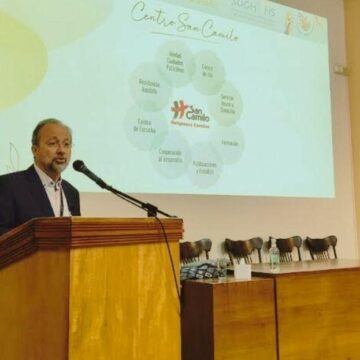
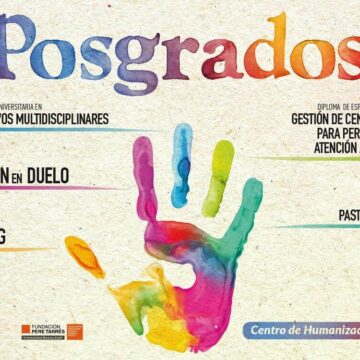
Camillians on Facebook
Camillians on Twitter
Camillians on Instagram